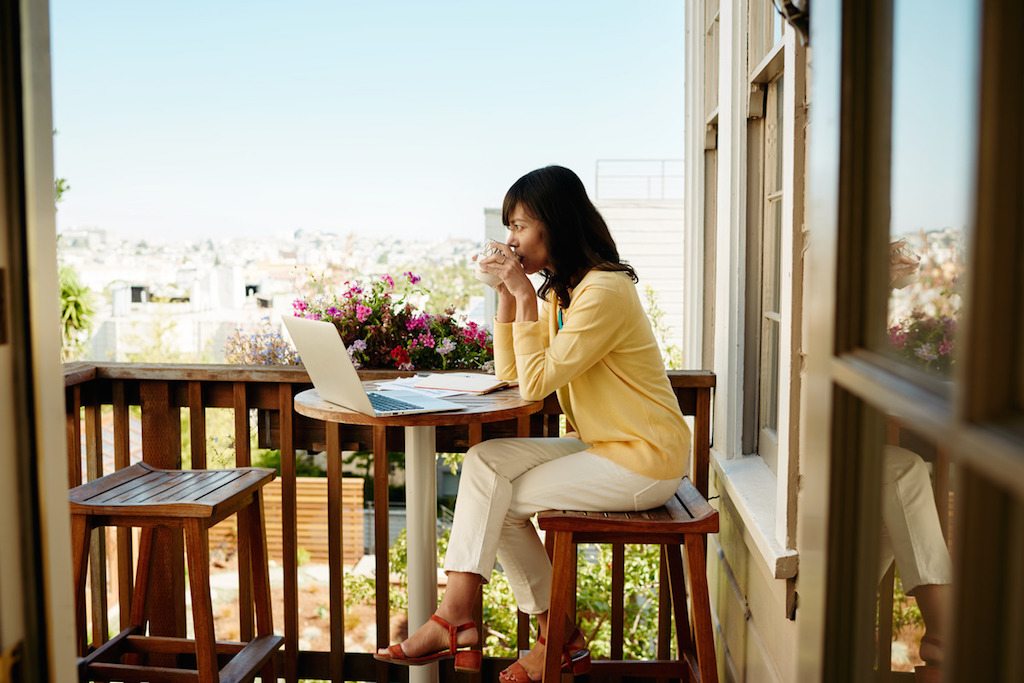Airbnb Business Travel Transactions Doubled Since 2014

Skift Take
Could Airbnb be on the cusp of disrupting business travel lodging in a manner similar to how Uber has come to completely dominate ground transportation? Unlikely, but it seems that a growing number of companies are becoming more lenient towards Airbnb use in their corporate travel policies.
How business travelers are spending their companies' money when on the road has shifted as they look to use the same travel platforms they prefer as leisure travelers when they're on-the-go for business.
A look at 2016 travel and entertainment expense trends from Certify shows that Airbnb transactions have doubled year-over-year since 2014 and Uber rides now account for more than half of overall ground transportation transactions.
"The growing preference for sharing economy services like Uber and, to a lesser degree, Airbnb really underscores the trend toward consumerization of traditional corporate travel," said Certify CEO Robert Neveu. "Advances in personal technologies and travel-based smartphone apps have made it easier for business travelers to choose the expe
